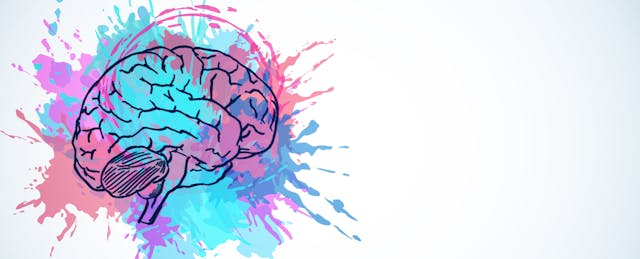As parents and teachers, we do just about everything we can to make sure that children don’t struggle. It turns out we are making a terrible mistake. Research shows that struggling is absolutely critical to mastery and that the highest achieving people in the world are those who have struggled the most. The more I communicate this message to parents and teachers the more stories I hear of complete personal transformation.
Neuroscientists have found that mistakes are helpful for brain growth and connectivity and if we are not struggling, we are not learning. Not only is struggle good for our brains but people who know about the value of struggle improve their learning potential. This knowledge would not be earth shattering if it was not for the fact that we in the Western world are trained to jump in and prevent learners from experiencing struggle.
An international study of mathematics teaching found that teachers in Japan put their students in places of struggle 44 percent of the time in classrooms—they saw this less than 1 percent of the time in U.S. classrooms. What do we parents and teachers do instead? We jump in and show the way, offering steps to a solution to help save our students from struggle. This is in large part because this new science is not widely available and we are culturally trained to feel bad, and to rush in and help, when this is probably the last thing we should do.
The research on the impact of struggle turns out to help adults too—in all sorts of jobs. I interviewed sixty-two people for my new book, “Limitless Mind.” Many of them shared similar accounts of how they used to go into meetings afraid they would be found out for not knowing something. After learning about the importance of not knowing and of engaging in struggle they now proudly show up and say “I don’t know, but I will find out.” They display a mindset of discovery and curiosity, which has helped their lives in many ways.
Once we stop the charade of knowing everything, and embrace knowing less, with a willingness to sit with uncertainty, unexpected things happen.
When I was teaching middle schoolers in a research math camp a few years ago one girl stood out to me; she was nearly always wrong in her thinking, but she was always engaged, arguing her case, pushing to understand better. An observer of the class would have described her as a low achiever, but she improved more than any other of the 84 students we taught that summer. Her standardized test score in mathematics improved by 450 percent after 18 struggle filled lessons. Our messages to the students—that struggle would be valued and mistakes are productive—had helped her feel good about struggle and embrace it.
When I tell young learners that struggle and mistakes are the best times for our brains it is freeing. Students no longer give up on problems when they find them hard—they push through the struggle to the wonderful places on the other side. When students look at me with a puppy dog face and say: “This is hard,” I say, “That is fantastic. That feeling of ‘hard’ is the feeling of your brain developing, strengthening and growing”.
In 2016, two young computer scientists rocked the world of mathematics by solving a previously unsolved math problem, an event that many described as audacious. The two young men reflected that it was knowing less that allowed them to solve the difficult problem. It freed their mind to think in better ways.
I am not arguing that knowledge is bad or knowing answers is not helpful. What I am saying is that knowledge is less important than a mindset of discovery and curiosity. We cannot achieve anything creative without being comfortable with mistakes and struggle—and we should all embrace times of struggle, knowing they are helping our brains. When we adopt a limitless perspective, approaching different jobs and conversations with a comfort with uncertainty and struggle, with a willingness to learn from others and with a flexible approach to problems, outcomes improve—in learning and in life.
Millions of students start the school year each year excited for all they will learn, but as soon as they struggle or see someone solve a problem with ease, they start to doubt themselves and mentally shut down. This starts a less productive learning pathway for them. Instead they should value the time of struggle and know that they are on their way to being better, wiser and equipped with a stronger brain. Getting answers right is OK, being stuck and finding them hard is fantastic.


